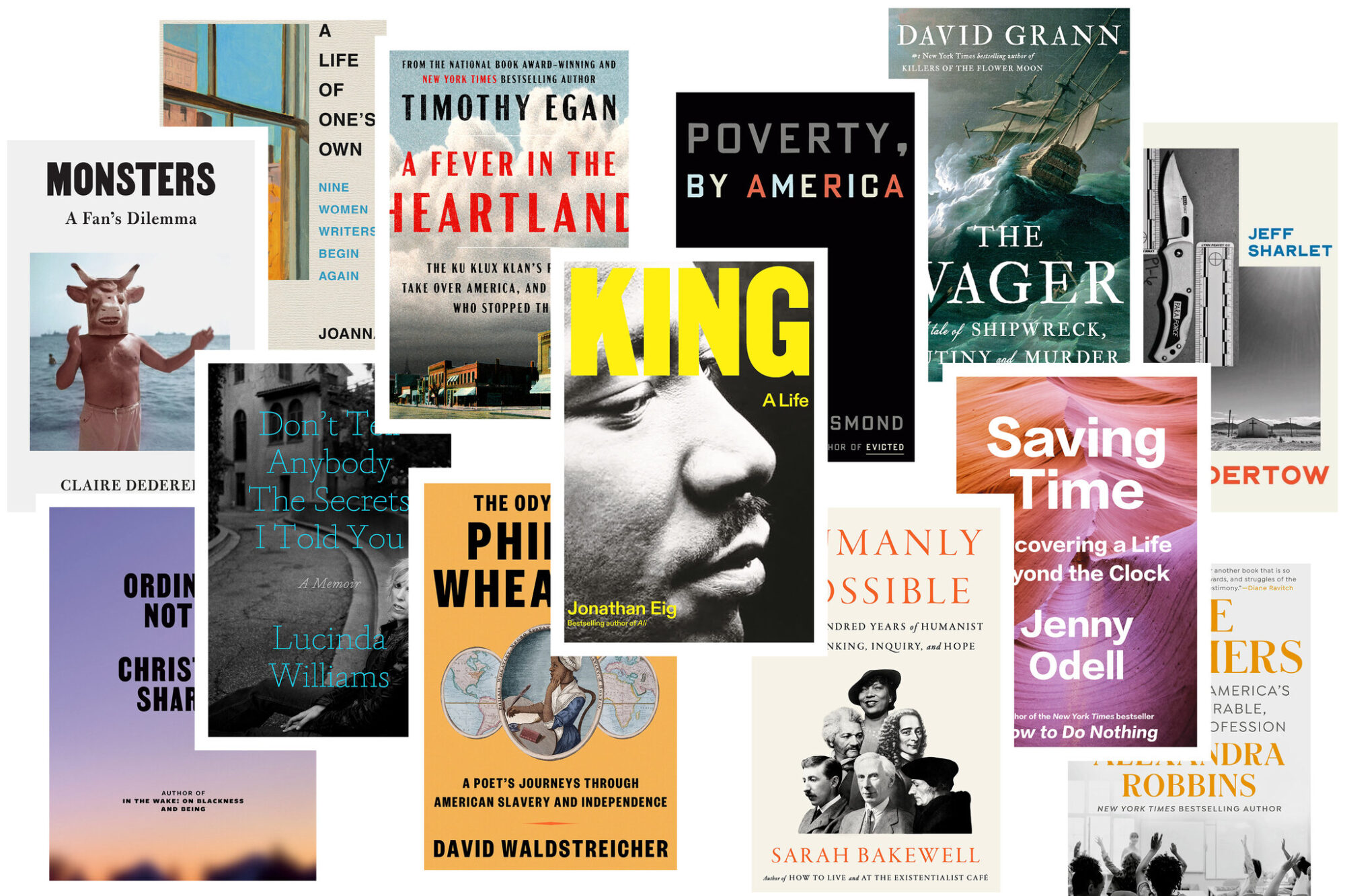Literary agents have always played a central role in the publishing industry—championing authors, securing publishing deals, and managing rights across regions and languages. But in 2025, the landscape they operate in has transformed.
We are no longer in a world of just print and traditional publishers. We’re in a world of multi-format releases, digital-first imprints, streaming audio, global rights fairs, hybrid contracts, and author-owned platforms.
In this new environment, literary agencies are not losing relevance—they’re adapting, expanding, and becoming even more strategic.
The modern literary agent: far beyond the manuscript
Today’s agents wear many hats. They still pitch manuscripts, but that’s just the beginning. Their daily work may include:
- Negotiating ebook and audiobook rights separately from print
- Pitching titles for film, TV, podcast, and streaming adaptations
- Selling foreign and translation rights into dozens of territories
- Advising clients on self-publishing or hybrid routes
- Managing IP across multiple media and platforms
- Reviewing platform-based licensing agreements with Amazon, Audible, Storytel, or even TikTok Shop
Agents are no longer only intermediaries between author and publisher. They’re strategic partners, working across media, markets, and monetization models.
What authors expect from agencies today
Authors face a complex ecosystem of opportunities—and risks. More than ever, they rely on agents to:
- Protect their intellectual property
- Negotiate fair contracts across multiple formats
- Maximize revenue from international licensing and translation deals
- Ensure that digital rights are properly managed and not bundled away
- Explore publishing alternatives when traditional options stall
- Provide long-term career and brand guidance
The most effective agents combine editorial instinct with business acumen and digital fluency.
How platforms like Bookset empower literary agencies
In this new era, digital tools can enhance the services agencies offer their clients.
With Bookset, literary agents can:
- Help authors publish ebooks and audiobooks independently, without giving up rights
- Launch branded, professional platforms to showcase catalogs
- Offer temporary or preview access to titles during rights fairs or pitch meetings
- Track reader and listener behavior to inform future pitches
- Manage distribution while keeping control over pricing and licensing terms
This flexibility enables agents to serve both traditionally published authors and independent creators—offering more options, not fewer.
Literary agents remain essential—but they must evolve
The digital shift in publishing hasn’t made agents obsolete—it’s made their role more complex and more valuable.
By expanding their expertise into digital rights, platform strategy, and multi-format publishing, literary agencies are positioning themselves as true 360° representatives of their authors’ careers.
They are not just selling books—they are maximizing the lifetime value of intellectual property.
👉 Are you a literary agency looking to expand your services with flexible, author-friendly digital tools?
Bookset helps you support your clients across platforms and formats—without compromising control.
Explore more 👉 bookset.app
#LiteraryAgencies #PublishingInnovation #Bookset #DigitalRights #AuthorRepresentation #Ebooks #Audiobooks #IPManagement #PublishingStrategy
Meta Title: The Role of Literary Agencies in 2025: Rights, Platforms, and Digital Publishing
Meta Description: Discover how literary agents are adapting to digital publishing, managing rights, and supporting authors across formats with tools like Bookset.

